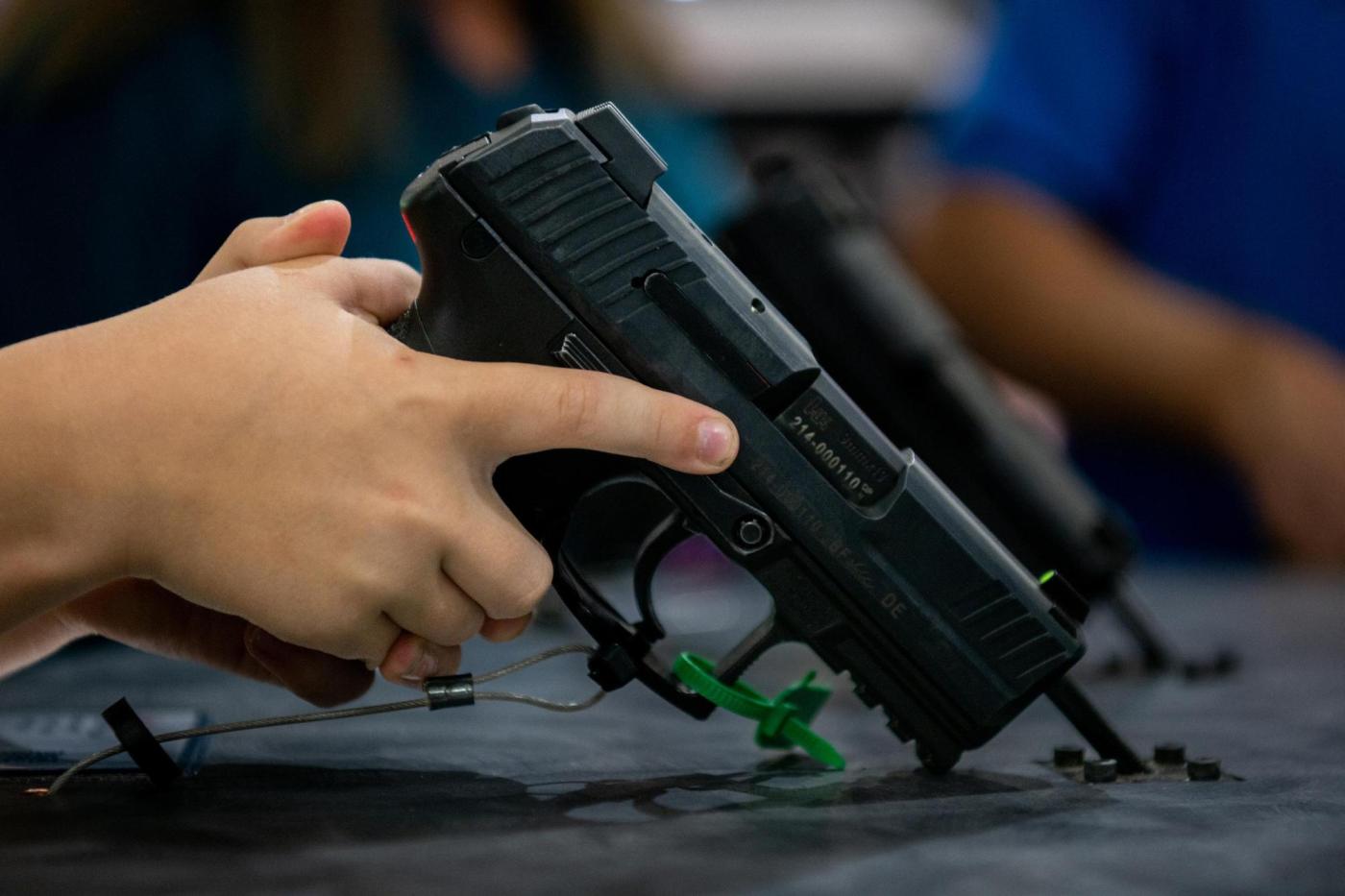
Massachusetts police chief who denied a resident’s license to carry firearms wins appeal
A local police chief who rejected a resident’s bid for a license to carry firearms, claiming the man was “unsuitable” to obtain an LTC, has won his appeal.
The then-Southboro Police Chief Kenneth Paulhus during the pandemic denied Paul Dwiggins a Class A large capacity license to carry firearms.
That decision from the police chief was then reversed by a district court judge, which was later affirmed by a Superior Court judge.
But now, Massachusetts Appeals Court justices reversed the previous court rulings, and they reinstated the police chief’s decision to deny the resident’s LTC.
“The judgment of the Superior Court is reversed, and a new judgment shall enter affirming the denial of Dwiggins’s license to carry,” the appeals court justices wrote in Wednesday’s ruling.
Back in September of 2020, the police chief rejected Dwiggins’ application for the large capacity license to carry firearms on grounds that he was “unsuitable” to obtain such a license.
The police chief, Paulhus, cited more than 80 police contacts with either Dwiggins’ son or wife over the previous 14 years. Many were for incidents of domestic violence at their house, and many of these contacts were for mental health crises involving his wife.
One of the police reports involved Dwiggins getting into a dispute with his 15-year-old son, who reportedly had a serious substance abuse history and was a drug dealer.
His son had come home drunk and become combative after Dwiggins told him he couldn’t have a sleepover, according to the police report. Dwiggins said his son had pushed him, while the son said his father had grabbed him first.
His son then picked up a kitchen knife, according to Dwiggins who told police that his son said, “He was going to go to his room and hold the knife to his throat so if his mother wanted to kill him he would make it easier for her.” Dwiggins said he then knocked the knife out of his son’s hands.
Another police report involved a different incident with a knife. Dwiggins’ son, after a physical altercation with his brother, reportedly picked up a knife and threatened to kill his brother.
Cops arrested the son, and the son while in custody said he wanted to take his own life by shooting himself with a gun.
Another incident involved Dwiggins’ wife being arrested. As the officers arrested her, she remained combative, kicking one of the officers and continuing to scream profanities at them. When the officers finally brought her to the police station, she threatened one of the officers, saying, “If I had a gun right now I would blow your head right off.”
There were also multiple police reports responding to incidents related to both the son’s and the wife’s use of alcohol and other substances.
Related Articles
Boston Police arrest ‘Most Wanted’ suspect after alleged Dorchester breaking and entering
18 Brazilian nationals in Massachusetts charged with illegal gun sales, 110 firearms seized
SJC rules Massachusetts’ nonresident gun laws are legal after post-Bruen changes
The NRA targets Bay State’s gun laws as unconstitutional
Massachusetts has the second strongest gun laws in the U.S., new rankings show
In the chief’s notice to Dwiggins denying his application, the chief noted that he was deeming the applicant an unsuitable person to obtain a license for the following reasons: “Persons residing in your household with histories of substance abuse, criminal behavior, and mental health issues. After a review of the involved police reports, I have found you to be unsuitable.”
After the district and superior court judges reversed the police chief’s decision, the chief brought the appeal to the Massachusetts Appeals Court.
Dwiggins argued that he shouldn’t be denied a license because he said the chief’s decision about “unsuitability” was not about the applicant’s own behavior.
“We note, however, that the police reports on which the chief relied in finding the applicant unsuitable do include evidence of the applicant’s own behavior,” the appeals court wrote. “The applicant was involved in at least one incident of domestic violence in his home.”
“The chief was within his authority when he determined the applicant may create such a risk by bringing a firearm into the volatile, unstable, and violent environment of his residence, to which multiple police responses for domestic violence, substance use, and mental health have been required year after year after year,” the judges added.
One of the appeals court justices wrote a dissenting opinion, arguing there was insufficient evidence that Dwiggins himself posed a risk to public safety.
“… I find no case law suggesting that an unsuitability determination can be based on the conduct of third parties,” wrote Associate Justice Kenneth Desmond Jr.
“While I too believe that there is some wisdom in the chief’s public safety concerns, a plain reading of the statute leaves me unpersuaded that the majority’s interpretation of its language is correct,” Desmond added. “As such, I respectfully dissent.”


